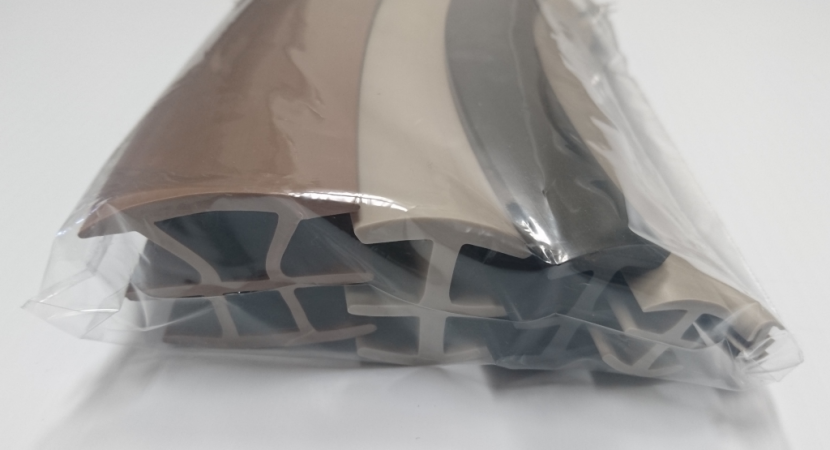Concrete paving of driveways, parking lots, sidewalks, and decks provides a durable, low maintenance, attractive finish. In the pouring process, a wooden framework is installed to provide a structure for the liquid concrete. Wood may be a good material for building this skeleton, but over the years, it breaks down and allows weeds to germinate. In fact, the decaying wood even provides a medium for the weeds to flourish. For an attractive exterior appearance, these weeds should be removed or prevented from taking root in the first place.
Herbicides
Toxic chemicals will kill the weeds, but they are an expensive and non-ecological way to address the problem of distracting weeds.
Water or Salt
Two less toxic approaches to a weed-removal problem are to pour boiling water or salt on the existing weeds. This is another short-term approach that will need to be repeated.
Physical Removal
Pulling the weeds before they go to seed will stop the current weeds from flourishing. However, with the broken-down wooden spacers still in place, the environment for new weeds to grow is still thriving.
Replacement
Many home and business owners have found an enduring, ecological solution to be driveway expansion joint repair. Sealing off the cracks in concrete pavement prevents new weeds from rooting. The replacement spacers are made of a long-lasting material that is flexible enough to adhere closely to the concrete. It will not rot when moist and allows the concrete to still expand when needed.
Trim-a-slab.com offers driveway expansion joint repair products and professional installation services.


